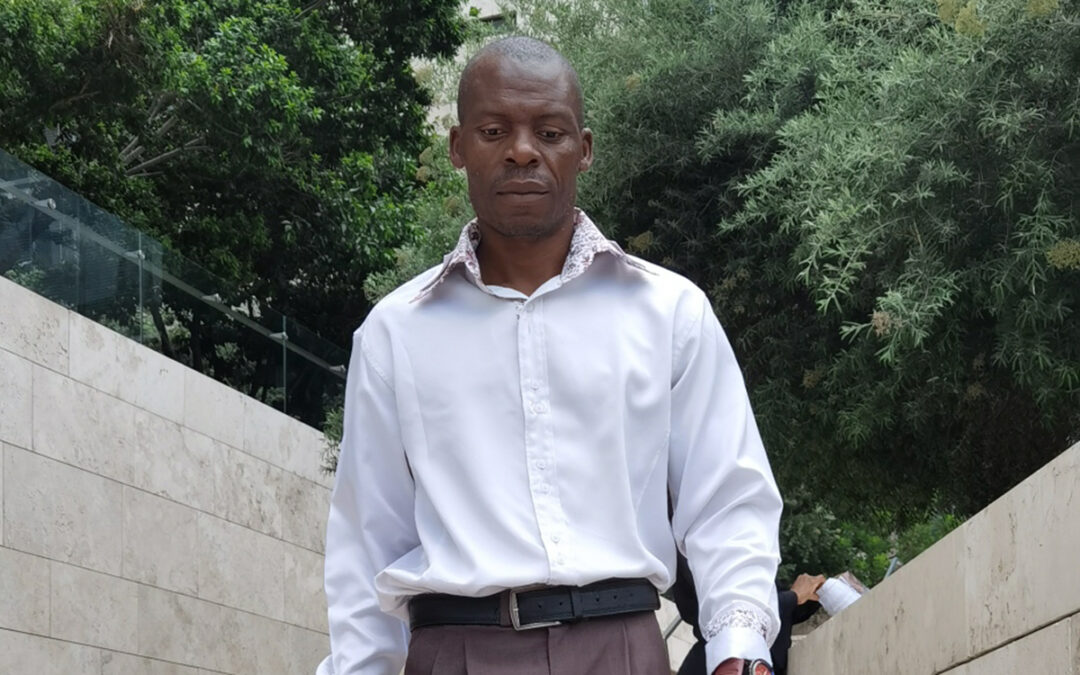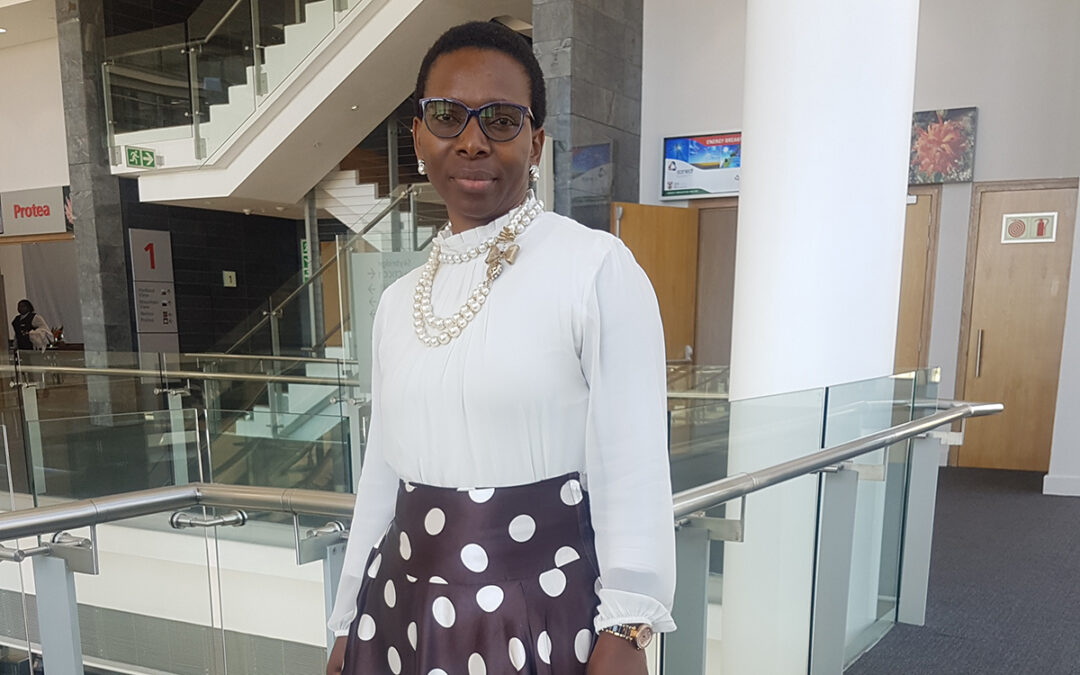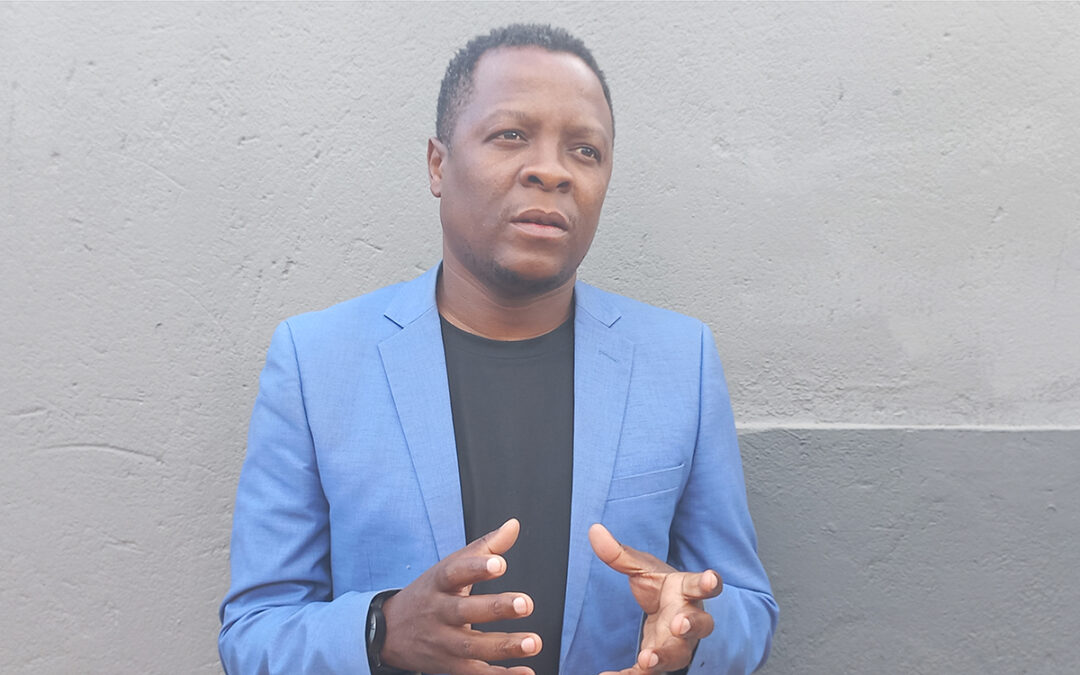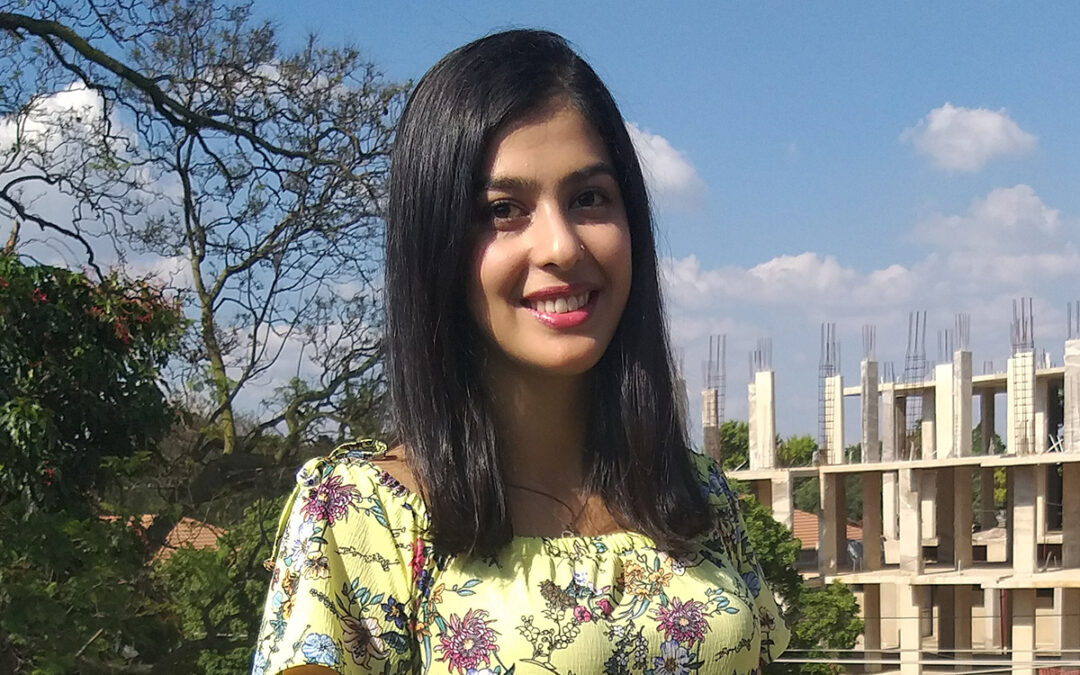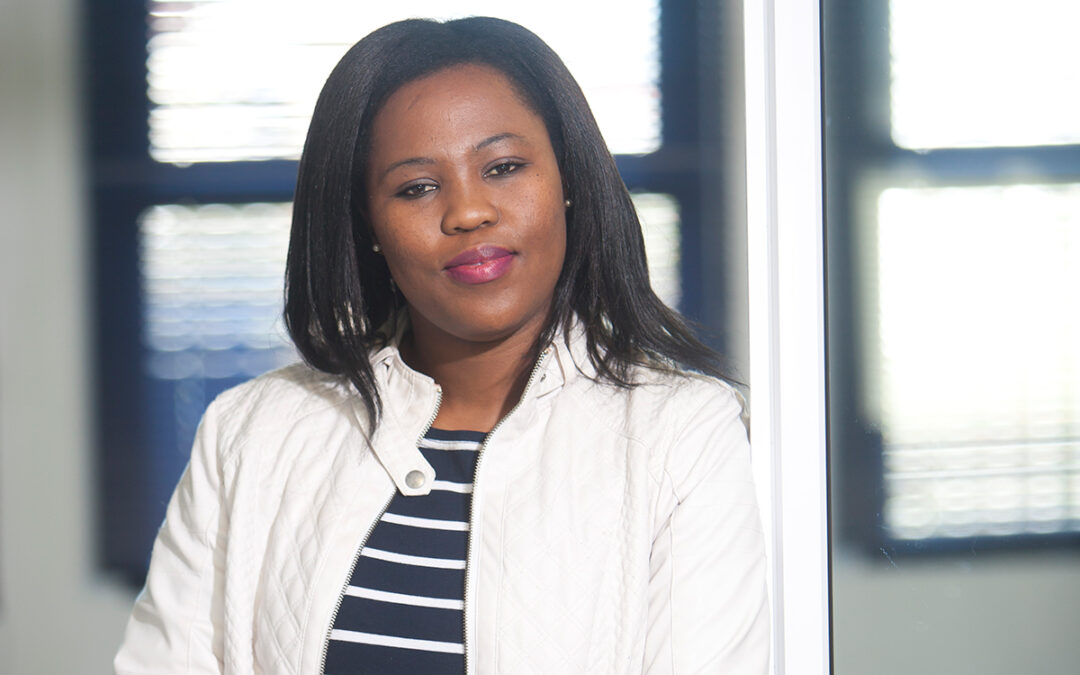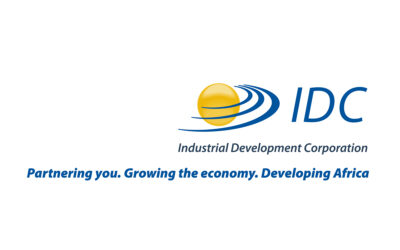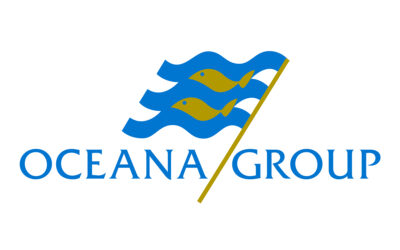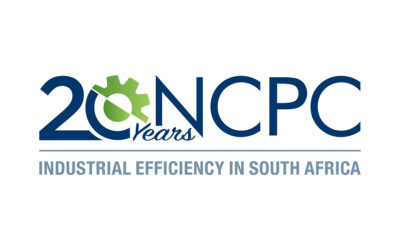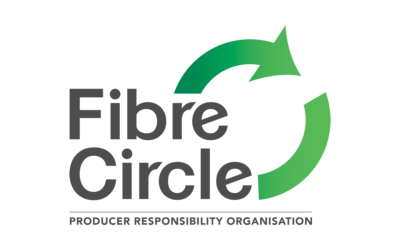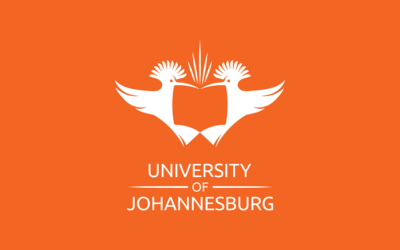The violation of her rights and those of her community led Francina Nkosi to become a human rights activist, with a focus on women in mining-affected communities. “I had a burning desire to settle disputes between the community and mining bosses,” she says. “I wanted the community to have basic services like water, sanitation, electricity and proper housing.”
As a representative of Waterberg Women Advocacy Organisation and other like-minded NGOs, Nkosi’s work has taken her all over the continent, giving her the opportunity to interact with communities similar to her own, and learn about renewable energy sources such as wind, solar and hydropower — things she believes are vital to the environmental justice she seeks.
Nkosi sits on the steering committee for WoMin African Alliance, a Johannesburg-based NGO comprising women activists, communities, organisations and movements aiming for political convergence on the issues she cares about.
While she does concern herself with the broader community, it is the voices of women that she specifically strives to represent. “As women, our roles often make us uneven users of natural resources such as water and firewood, and yet women face more risks and a greater burden from the impact of climate change caused by poverty, which is why I say energy is a women’s issue.”
Advocating for women’s rights and equal participation in formal decision-making is challenging, according to Nkosi, who says her advocacy has often led to intimidation and threats. Still, she remains steadfast and undeterred. “In South Africa, we have good policies which are not implemented. This country is rich with minerals, but we need to adopt a just transition to renewable energy sources that will lead to sustainable jobs,” she says.
“I had a burning desire to settle disputes between the community and mining bosses,” Francina Nkosi says. “I wanted the community to have basic services like water, sanitation, electricity and proper housing.”

